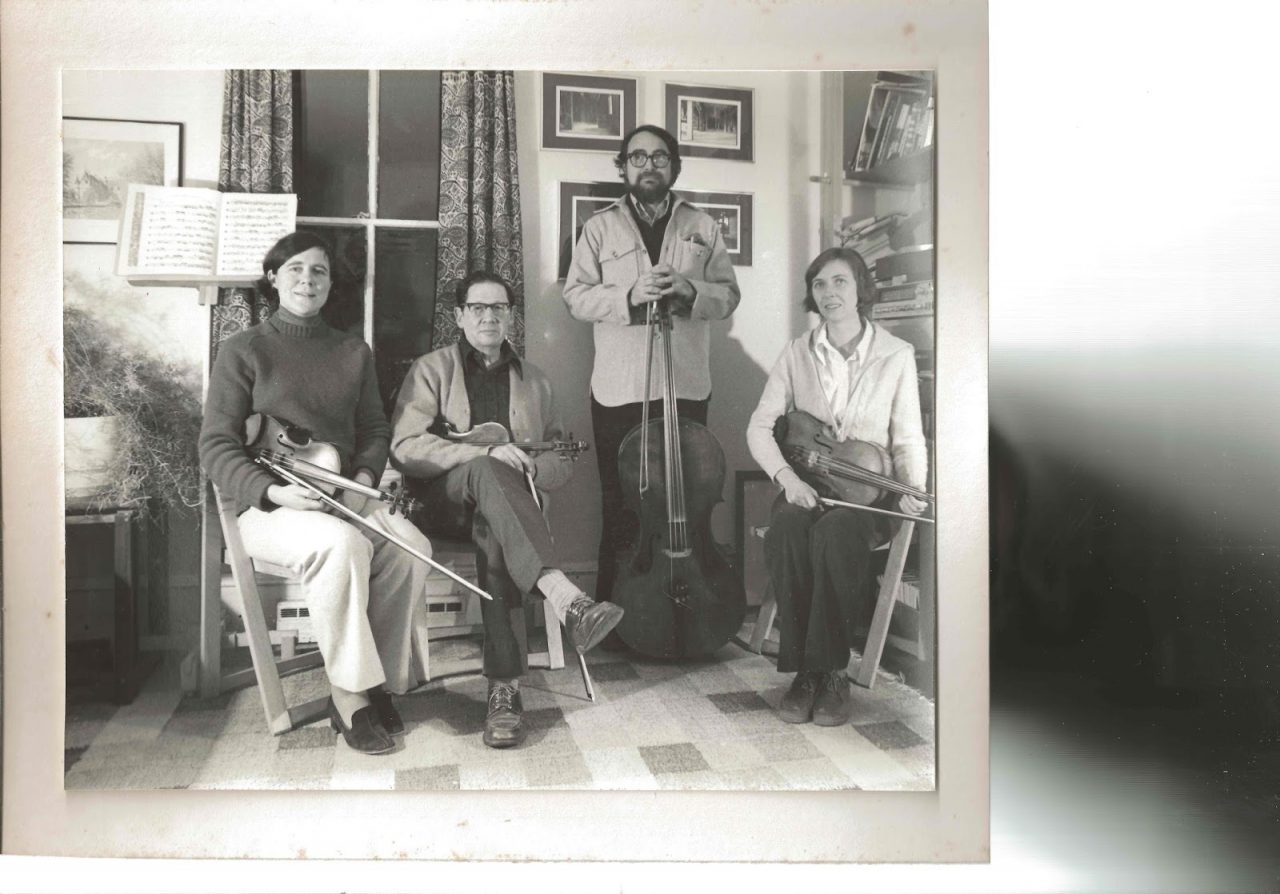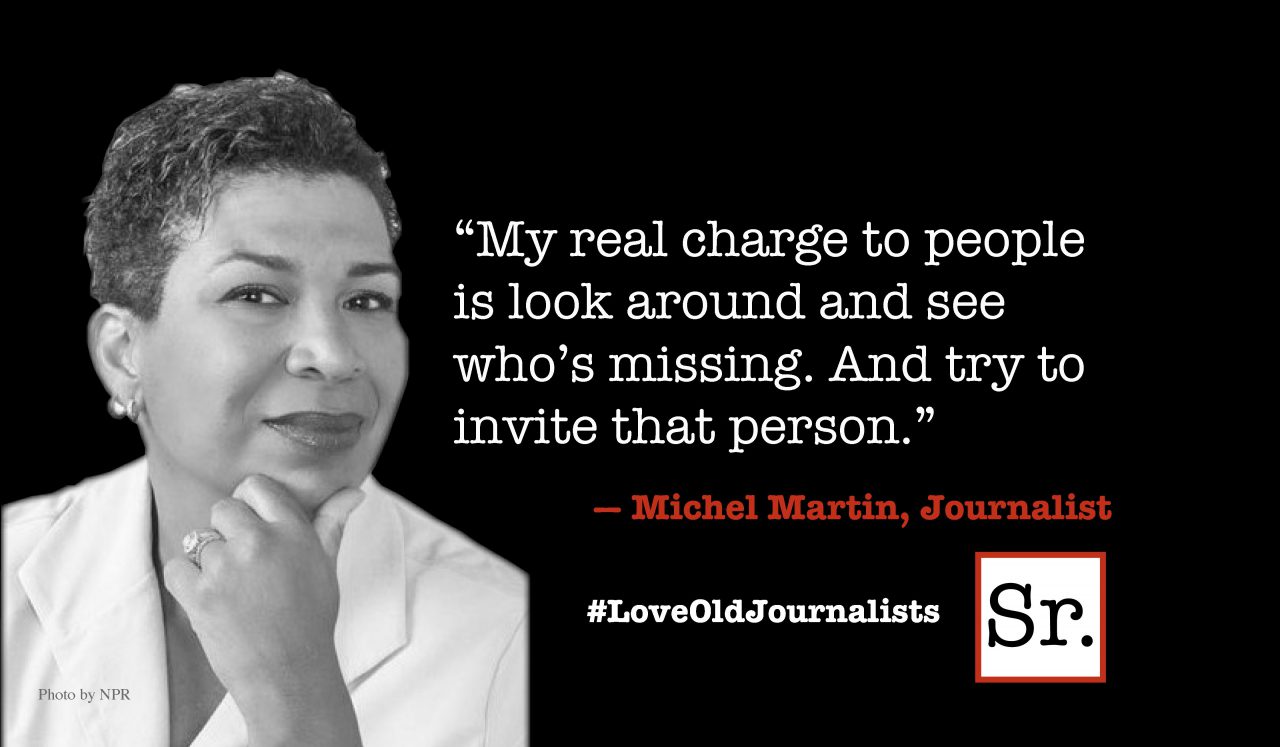Carl Schorske — famous historian, Princeton University's Dayton-Stockton professor emeritus, amateur musician, friend, and matchless Mensch — died over the weekend at the Meadow Lakes retirement community in Hightstown, New Jersey, midway through his 101st year.
My wife, Joan, was expecting this. She had last visited him on the previous Friday, by which time he was already in hospice mode, only dubiously aware of her presence. She told me he must soon slip away altogether. But the rational acceptance of the inevitable lacks the sharpness of its final actuality, and she is left grieving.
Most of us, even when we do not think of ourselves as living in “spheres,” operate within more or less public and private arenas. As Carl’s colleague on the Princeton faculty, I was very much aware of the man’s professional fame.
It was in 1980 that he published his masterwork: "Fin-de-Siècle Vienna: Politics and Culture." It had been long anticipated, and it became instantly famous, winning (among numerous other trophies) the Pulitzer Prize for general nonfiction in 1981. Its subject, of course, is the extraordinary richness and fecundity of the artistic and intellectual milieu of the Austrian capital in the age of Sigmund Freud and Gustav Klimt. It is beautifully written, with a subtlety that honors complexity and a clarity that guides the general reader through it.
Many honors followed. Carl was recognized repeatedly by the Austrian government for his outstanding contributions to their study of their national culture. His was in the first “class” of the then-new MacArthur Fellowships, which the press had dubbed the “Genius Awards.” These are lucrative as well as prestigious. For a party marking the honor, a witty childhood friend of Carl’s from Scarsdale wrote a poem with the refrain, “’Til the fin-de-siècle he’ll be counting his dough."
Schorske had enjoyed what I sometimes described as an ideal career for an American academic. One of the great things about higher education in this country is its variety. Carl experienced the best of it. He began his teaching career at Wesleyan, one of our finest liberal arts colleges. He then went for a decade to Berkeley, the flagship campus of one of the greatest of our great state universities. Finally, of course, he came here to Princeton, among the most distinguished of our private research universities. In a sense, he had it all.
But I must leave the public side of Carl Schorske to the major obituaries that are certain to appear soon. Our feeling of loss, especially Joan’s, is intimate and domestic. Since about 1970 she regularly made music with Carl and other friends in a string quartet. The attached photograph will not be found on any CD covers, but it is a monument to decades of joyous companionship. It is of uncertain date, but it must be from the mid '70s. It shows, from left to right, Joan and Carl, the two violinists, Jerrold Seigel, an eminent historian then at Princeton and latterly at NYU, and Kathleen Amon, who worked in administrative offices at the university. Carl was a regular well into his '80s, and the group continues to play today with two of its original members — Joan and Kathleen.
The love of music, though doubtless magnified by his talent as singer and player, was part of a broad, delightfully old-fashioned, and courteously deployed culture that included literature, the visual and plastic arts, travel, current events, the New York scene — you name it. He was interested in everything including, maybe even especially, whatever it was his friends were doing or had to say. If you hang around academics you are bound to meet lots of brilliant people whose talk consists of engaging mini-lectures or mini-seminars. Encountering them is often exhilarating, but Carl had the rarer gift of being a truly brilliant conversationalist: a man brilliant alike in his talking and in his listening.
I last saw Carl in March at a gala party celebrating his 100th birthday. It was held in one of the public spaces of his retirement community. I have to confess that in general visiting these communities creeps me out, probably in the fashion that visiting prisons might creep out a bank robber. Yet this was a wonderful event meticulously organized by Carl’s dear friend, the musicologist Christopher Hailey, an expert in Viennese modernism.
The place was packed with old friends, old colleagues, old students — not a few of them minor eminences themselves. There was an excellent presentation featuring professional musicians from New York and beyond. The Austrian minister of culture had come from Vienna to present Carl with yet another gaudy kreuz of Ruritanian appearance.
But the high point of the day for me came in the informal refreshment hour following the program. I am unsure of how it happened exactly, but to the delight of the revelers Joan and Carl spontaneously joined in duet singing a song from Gilbert and Sullivan. It was Jane’s song from “Patience” — “Silvered is the raven hair … Halting is the youthful gait … Spectacled the limpid eye.” I was able not merely to hear but to see it all perfectly, having recently undergone successful cataract surgery.
Like many of the important cultural figures he wrote about, Carl could be rightly described, I suppose, as a secular intellectual. But he fully honored the role of the religious tradition in creating our western civilization. What lover of classical music does not? Liz, his wonderful wife of more than 60 years who herself died only last year at a great age, was a lifelong serious Roman Catholic. It is fitting that this great man, so rich in years and accomplishments alike, should leave us at the portal of the High Holy Days.









